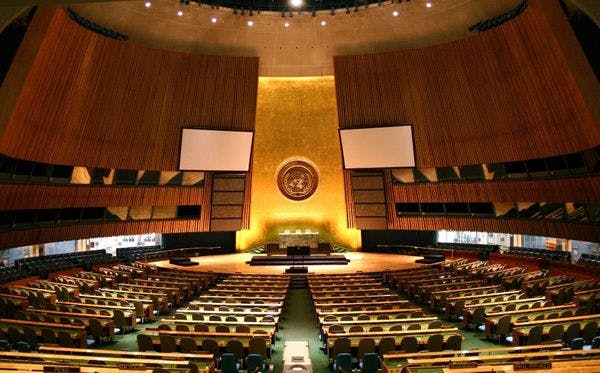Drug use, international legislation and the clock that keeps slowing down
By Heber Gomez Malave
After a long expected United Nations General Assembly Special Session (UNGASS) last April, participants and the international community have had little time to analyse the documents in detail. With outcomes showing diverse complexities it is still premature to arrive to any conclusions and judgments about the long-term effects and impact of last Aprils’ deliberations. Judging by his intervention during the penultimate session of the cycle of conferences « Les drogues dans tous leurs états » Christopher Hallam, our invited speaker from the Center for History in Public Health, at the London School of Hygiene and Tropical Medicine seems not to be surprised. During his presentation, as part of the cycle of conferences organized by the Institut de Recherches Sociologiques at the University of Geneva, he discussed how understanding the historical perspective on the evolution of international treaties on drug regulation can show us that advances do not occur at a fast pace.
After briefly explaining how drug use and trade has transformed the modern world, and how every other society we know has used a type of psychoactive substance to modify their state of mind, Hallam explored how drug use continues providing innovative forms of pleasure and new forms of anxieties for governments.
Click here to read the full article.
Keep up-to-date with drug policy developments by subscribing to the IDPC Monthly Alert.
Regions
Related Profiles
- Christopher Hallam
